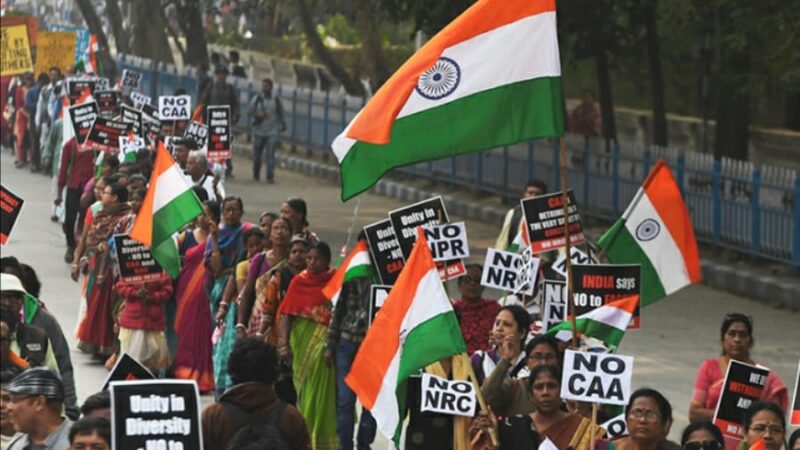Movies and Jilted Lovers

Psychologically pictures and images influence our brain to an amazing level. Our early school books are full of pictures rather than words. News on television are remembered better than newspapers, our presentations include photos and videos to influence our audiences mind. Clearly, the visual art industry has a strong hold on our psyche than we would like to accept.
History has seen millions of plays and movies showing the “romantic” chase of the prince for his princess but how romantic is it in real life? And can everyone draw a line between the fiction and real realm? Let’s take a look at our Bollywood movies:
Coolie
A coolie kidnaps a rich girl and keeps her handcuffed at her place, stalks her for days and ultimately she falls for him and they live happily ever after; the super hit movie
Raanjhana–
A boy stalks a girl till he is alive, ruins her marriage and gets her lover killed just because he was very angry that the girl rejected him. One of the most famous songs rightly brings out the stalker of both the real and reel life, “Tu haan kar ya na kar, tu hai meri kiran.” Here, “Kiran” is every girl who has ever been stalked by a guy who cannot accept being rejected and why shouldn’t he try, when every movie he has ever seen only seems to inspire him.
“One reformed stalker named Ravi Malhotra talks about the impact Indian films had on his life. ‘I was just a normal teenager when I first arrived to Canada. When I was in high school the girls would pass by me and my friends and I would stare intently at the girls and make romantic comments. We would call them lovely and sexy. When the girls gave us dirty looks we got more excited, because you see, that for us was the indication that the girl loves us…The more a girl protests and says no, the more she wants the attention. She says no to see how much and how far you will go to show your love. You must prove your love. It is the necessary thing. This is where the romance would begin. This is all what I have learned from the Hindi films I have watched and enjoyed.’ ”
One scene in the novel Pride and Prejudice is where Mr. Collins consistently proposes Elizabeth Bennet and despite her consistent refusal, his reply was: “You must give me leave to flatter myself, my dear cousin, that your refusal of my addresses is merely words of course…As I must therefore conclude that you are not serious in your rejection of me, I shall choose to attribute it to your wish of increasing my love by suspense, according to the usual practice of elegant females.”
Rejection increases the thrill of the chase and thus what we have seen in movies and in theatre is that women reject only to be pursued, so one must keep stalking her till she succumbs; this is what a most male brain think. Thus, women are nothing more than a hunt. Women do not have the right to say “No” as it goes unheard to these animals because language is a gift for human beings only.
We all know about the Radhika Tanwar case where a jilted lover returned years later to win his beloved but this time his psychotic brain couldn’t hold the trauma of not getting the cinematic happily ever after and thus he shot the girl. What is this madness which is making women prefer the constraints of women’s coaches, girl’s colleges and bowed heads with sunglasses? Women are 24*7 on guard, just to avoid any psychopath from “falling” for her and then be stalked for all her life time.
Though we cannot completely blame the film industry for this stalk-effect but it plays a crucial role. Like, I believe most of what the movies show of the foreign countries: multiple marriages, open sexuality, clothes and lifestyle. So, if something has such a hard hold upon our psyche that it can alter our lifestyle we must urge the power holders to try to mold that object into a form which improves the society rather than make it a jungle where one has to fend for oneself.
————
About the Author: This article is contributed by our intern, Utpala. Utpala finished her English Honours and is doing her Masters in English from Delhi University. She writes because she believes that written words never die and pen is mightier than sword. She has joined hands with Respect Women to speak out the thoughts she has during the vacuum hours of her days.






